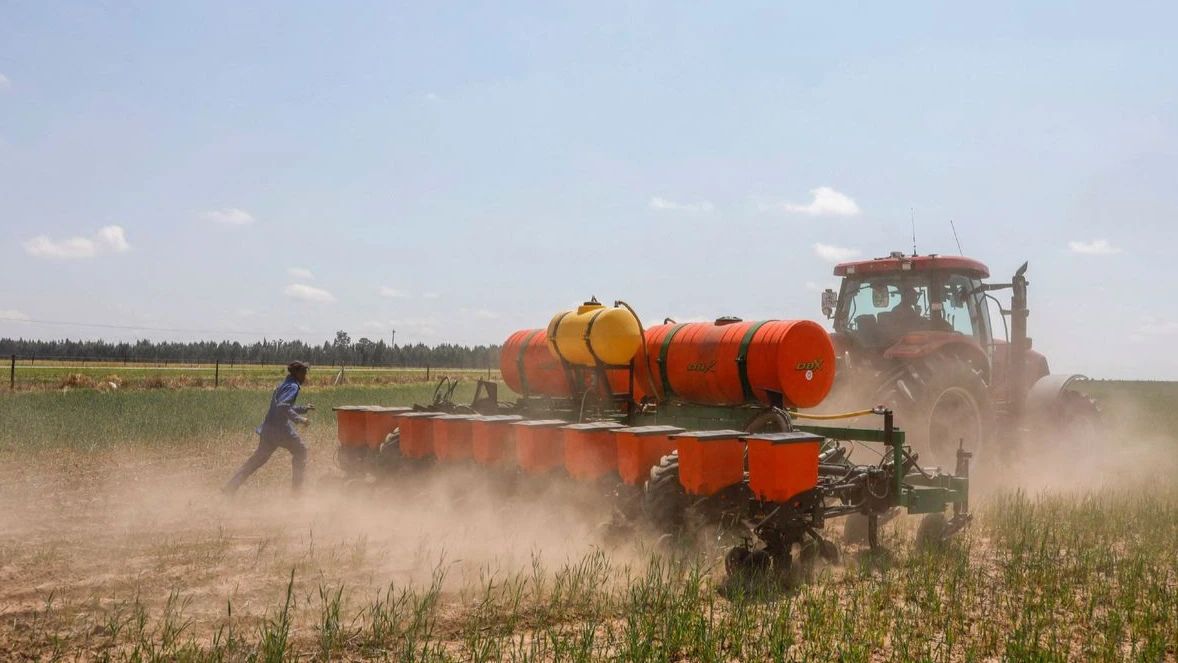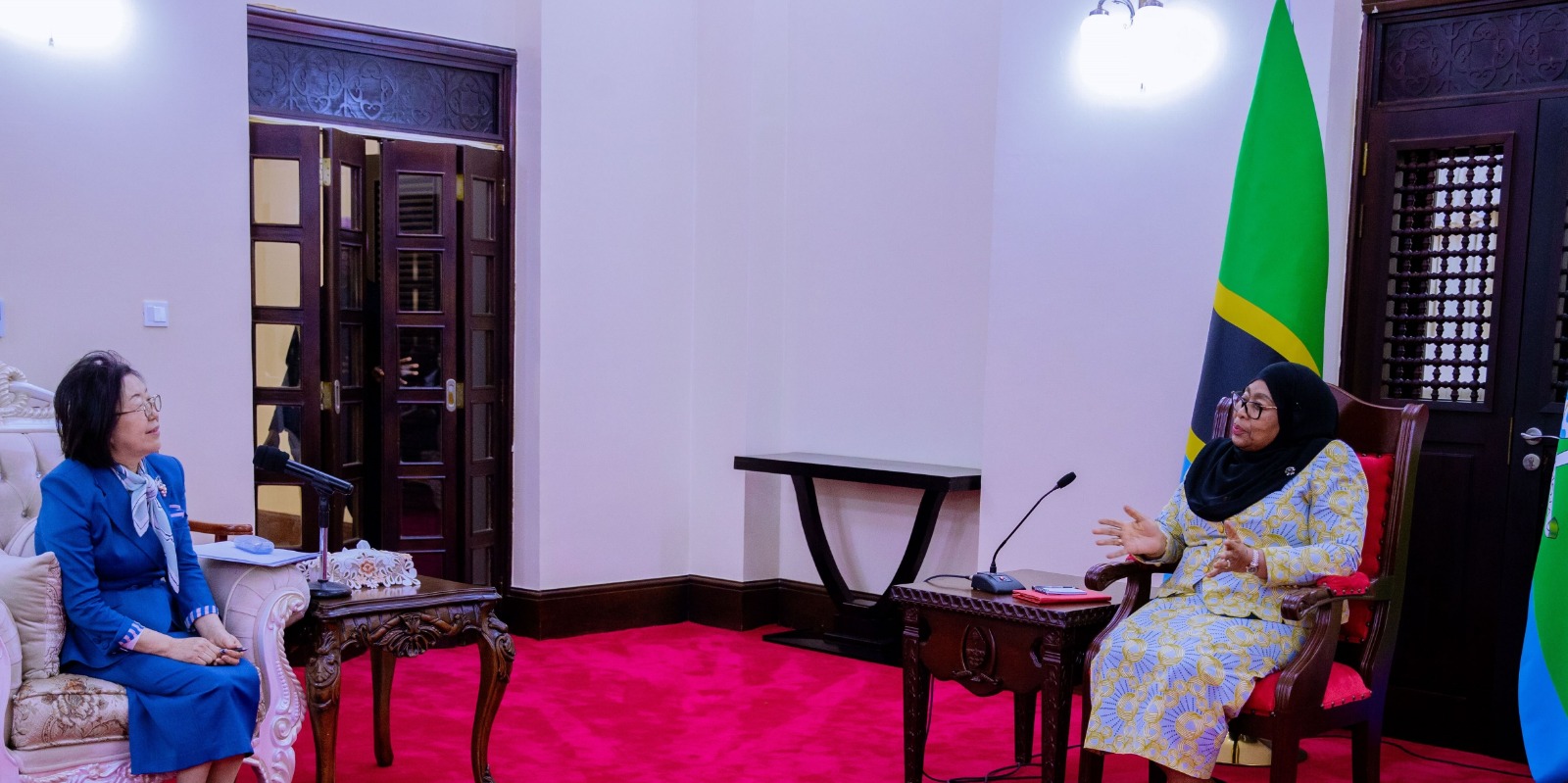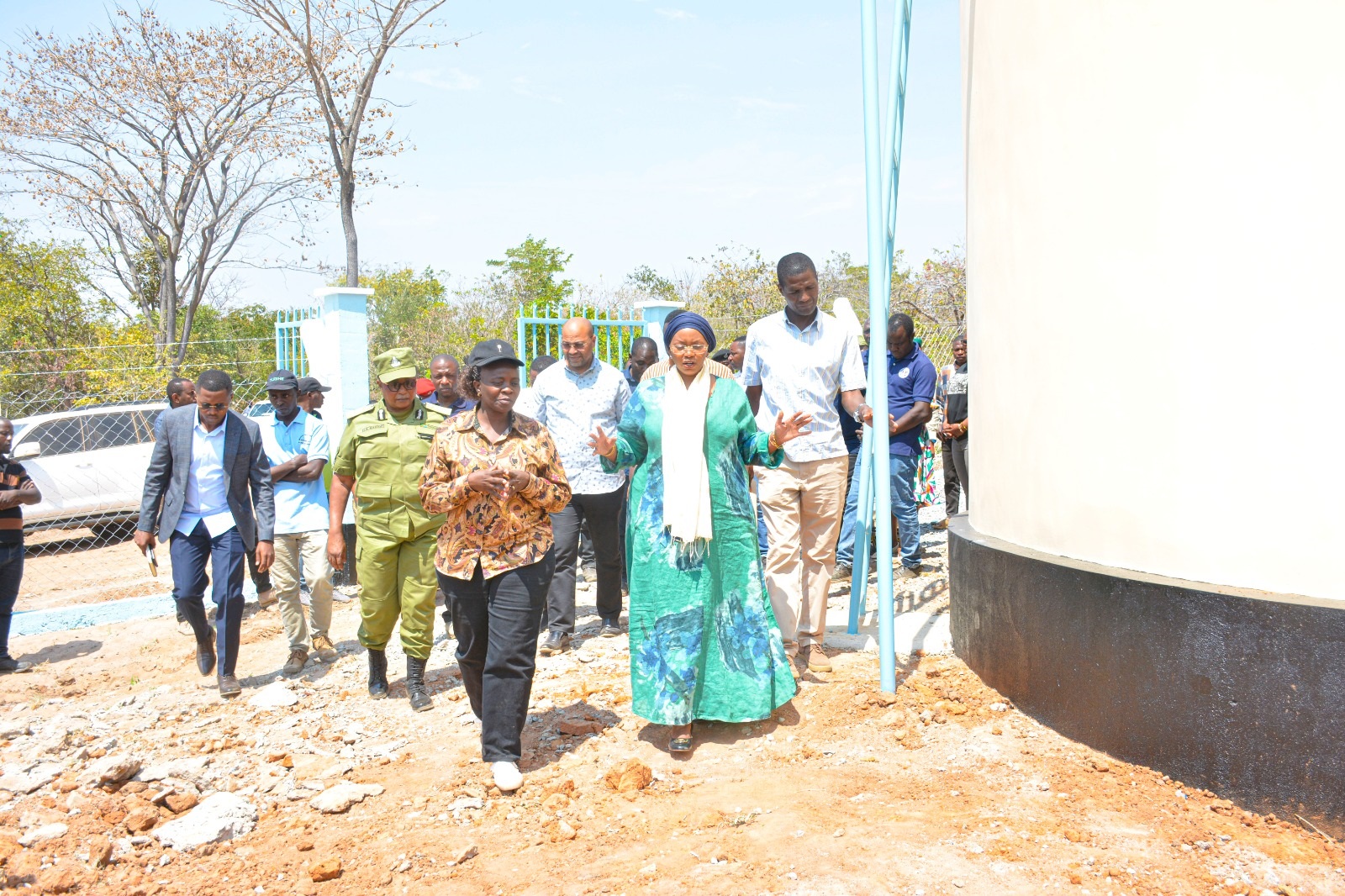COSTECH alerts over heat wave, erratic rains

TANZANIA is facing a future of excessive rise in temperatures, with scientists urging early preparedness and stronger national climate policies to protect vulnerable communities.
Philbert Luhunga, the Tanzania Commission for Science and Technology (COSTECH) chief research officer, makes this assessment in findings published in a recent issue of Nature Scientific Reports based in the UK capital of London, focused on recent climate patterns — including delayed rains from March to May.
He says that this situation signals growing instability driven by climate change, such that climate change should no longer be treated as a future situation but an urgent one, as ‘very wet’ and ‘extremely wet’ days bringing 50mm to 450mm of rainfall are likely to become more common.
They will become more frequent across the country particularly in coastal areas, southwestern highlands and northeastern regions over the coming months, he stated, using advanced climate models covering the period from 2011 to 2100.
The findings attest that even traditionally cooler regions are warming rapidly, especially urban areas where hotter nights can disrupt sleep and heighten health risks, along with increased unpredictability in the October–December rainy season.
This compounds uncertainty for communities already grappling with climate impacts, he said, pointing out that the World Bank data indicates that climate change could push an additional 2.6m Tanzanians into poverty by 2050.
“Worse still, up to 13m may be displaced due to climate-related disruptions,” he elaborated, explaining his motivation for the study as partly arising from witnessing severe events such as the December 2011 flooding in Dar es Salaam.
It was the commercial capital’s worst rainfall on record, with drainage systems overwhelmed, displacing thousands and pushing policymakers to think over the climate agenda afresh, he stated.
Experts across sectors are also sounding the alarm, with Linda Paulo, a Muhimbili University of Health and Allied Sciences assistant lecturer, affirmed that erratic rainfall and rising temperatures could worsen disease outbreaks, citing recurring cholera challenges as an illustration.
She appealed to policy makers to prioritise addressing wide-ranging impacts of climate change on food security, nutrition and wider public health, underlining the need for properly planning emerging towns to avoid infrastructure pitfalls seen in cities and most municipalities.
Laurel Kivuyo, the Climate Hub Tanzania director, a youth-led climate action group, called for a multi-pronged strategy to adapt to the rising crisis. “Tanzania must first create dedicated climate finance channels for community-based organisations to empower grassroots initiatives,” she specified.
This should be coupled with integrating local knowledge — such as traditional water conservation and agroforestry — into national adaptation plans for climate-resilient agriculture, improved early warning systems and upgraded infrastructure to protect communities in all parts of the country, she added.
Top Headlines
© 2025 IPPMEDIA.COM. ALL RIGHTS RESERVED






















